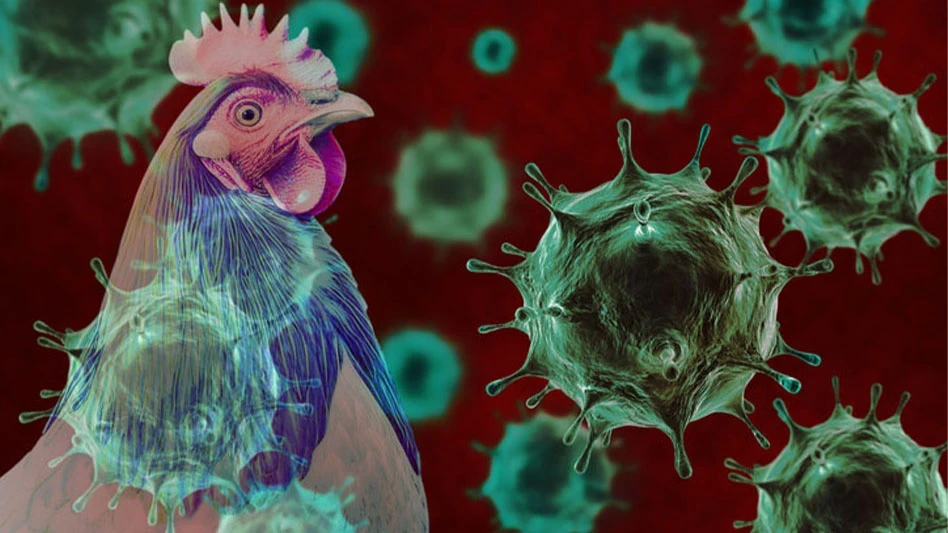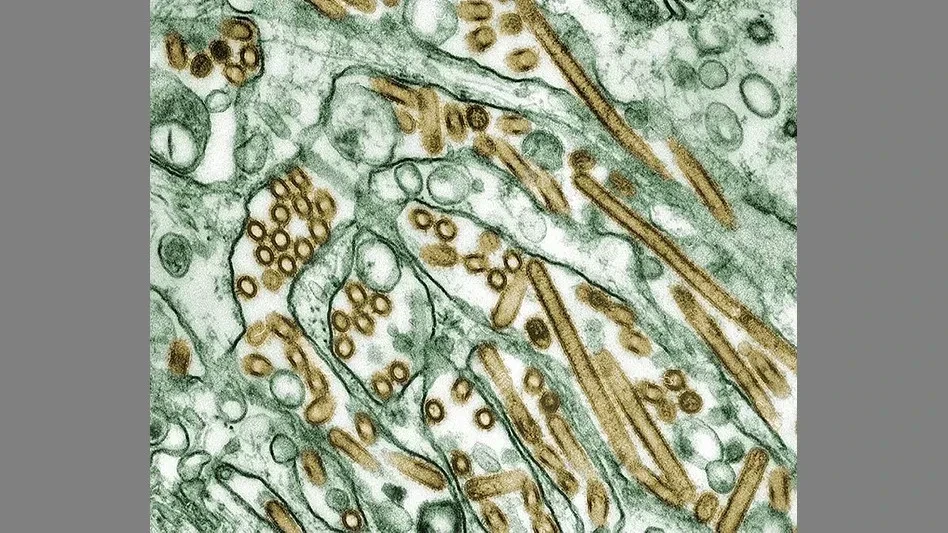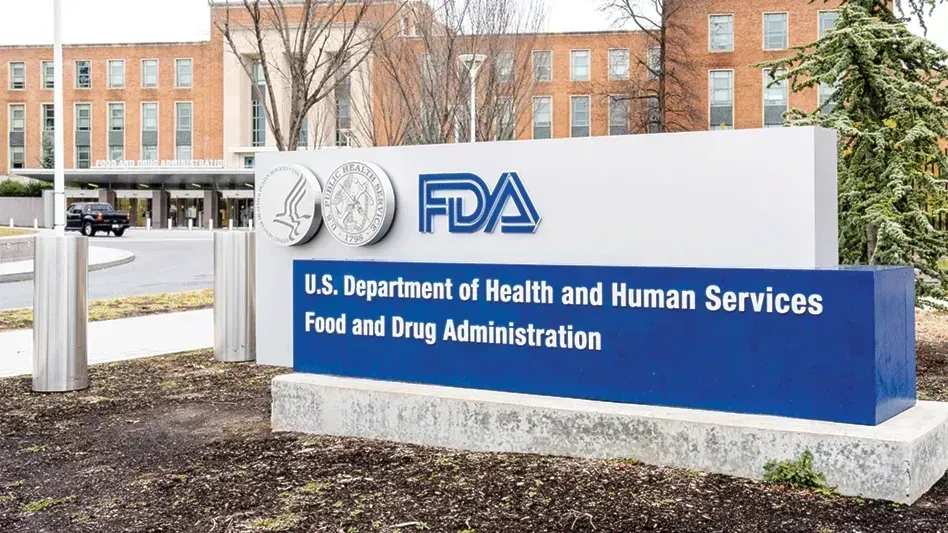
Recent outbreaks of ready-to-eat (RTE) food products contaminated with the bacterial pathogen Listeria monocytogenes (Lm) have drawn attention to the severity of listeriosis in the general public. Listeriosis, in severe cases, can cause serious illness and sometimes death. Lm, an opportunistic pathogen, is a major concern especially for meat, fresh produce, and dairy products.
How does Listeria contaminate food?Listeria is commonly found in soil and water, and is normally associated with agricultural products such as meat, produce, cheese, etc. Listeria may enter the food plant through raw ingredients, soil, vegetation, equipment, human activities, etc. Once inside the plant, Listeria can be readily transported and spread (e.g., through contact with contaminated hands, equipment, countertops, etc.) throughout the facility, where it can thrive in niches suitable for growth and multiplication. Additionally, Listeria can be transferred into facilities through insects and animals.
Can Lm survive under refrigerated conditions? Unlike many other foodborne pathogenic bacteria, Lm can survive and multiply at refrigerated temperatures – those which are normally used to control bacterial pathogens in foods. Also, freezing has little detrimental effect on this microbe.
Can Listeria form biofilms? Listeria has the ability to form biofilms, which are quite difficult to remove. A recent study clearly demonstrated that Lm can form biofilm in tap water. This can lead to a public health crisis if the Listeria cells are transferred to food products, thus suggesting the need for effective monitoring and control strategies.

What environmental monitoring program and product testing for milk and dairy products are required by FSMA, specifically the preventive controls rule? The FSMA Preventive Controls for Human Foods rule includes requirements for environmental monitoring programs and finished product testing as verification activities that would be applied as appropriate to the food, facility, and type of preventive control. Such testing would be appropriate for certain types of RTE dairy products. For example, environmental monitoring is needed for Listeria spp. in facilities that make soft cheeses that are exposed to the environment.
What are the potential areas for Listeria swab sampling? Zone 2 (e.g., frames, support structures, drip shields, etc.) and zone 3 (e.g., floors, walls, drains, etc.) are recommended for Listeria swab sampling. In case of a positive, initiate root-cause investigation, intensify cleaning, and retest until you get at least three consecutive negative results.
When should a plant take environmental swabs on contact surfaces for L. monocytogenes? There is no particular regulatory requirement regarding when to collect swab samples from food contact surfaces. However, sampling at least three hours after the start of operations is considered to be the most effective to detect Lm or Listeria-like organisms. Pre-operational testing of equipment, including food-contact surfaces can be done to validate the cleaning and sanitizing frequencies, and all the programs of the Good Manufacturing Practices (21 CFR).
Can an ATP test be used as an alternative for L. monocytogenes testing? No, an ATP testing can be used to verify the effectiveness of cleaning and sanitizing practices during pre-operation. However, to verify the effectiveness of controls for L. monocytogenes, you need to test for Lm or Listeria-like species.
Lakshmikantha Channaiah is Director of Microbiology, AIB International.

Explore the June 2016 Issue
Check out more from this issue and find your next story to read.
Latest from Quality Assurance & Food Safety
- Penn State Course Covers Fundamentals of Food Science
- Joint FAO/WHO Expert Committee on Food Additives Seeks Experts
- FDA Reschedules Webinar on Updated ‘Healthy’ Claim
- Thousands More Laid Off at FDA, CDC in HHS Restructuring
- USDA Extends Deadline on Request for Information for Poultry Quality Standards
- Dessert Holdings Issues Allergy Alert on Undeclared Pecans in Favorite Day Cheesecake
- Idaho Smokehouse Partners Recalls Beef Sticks Due to Possible Foreign Matter Contamination
- IDFA Leadership Symposium Set for June 23-26





